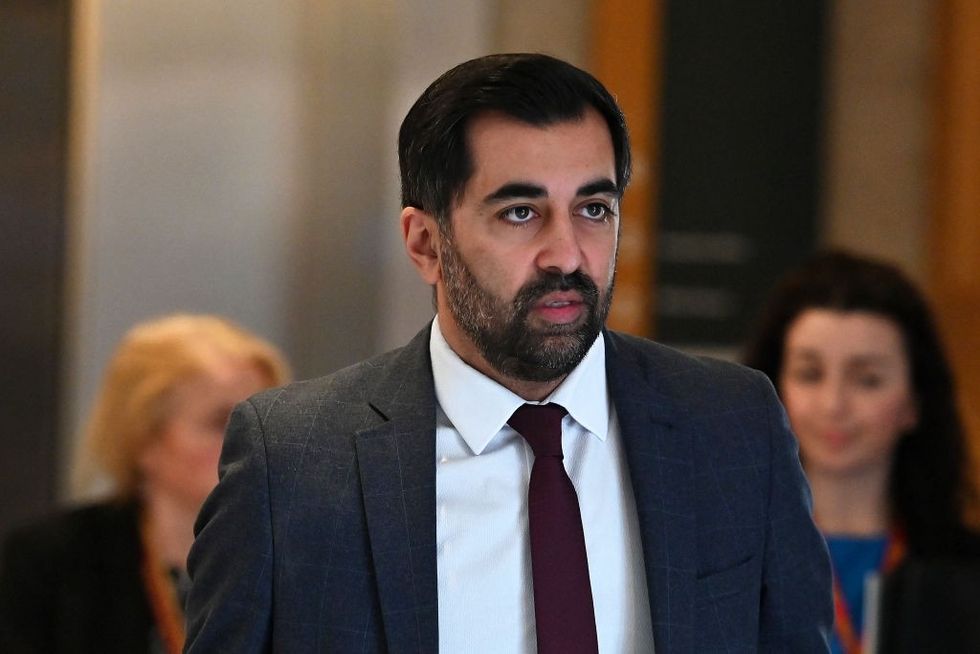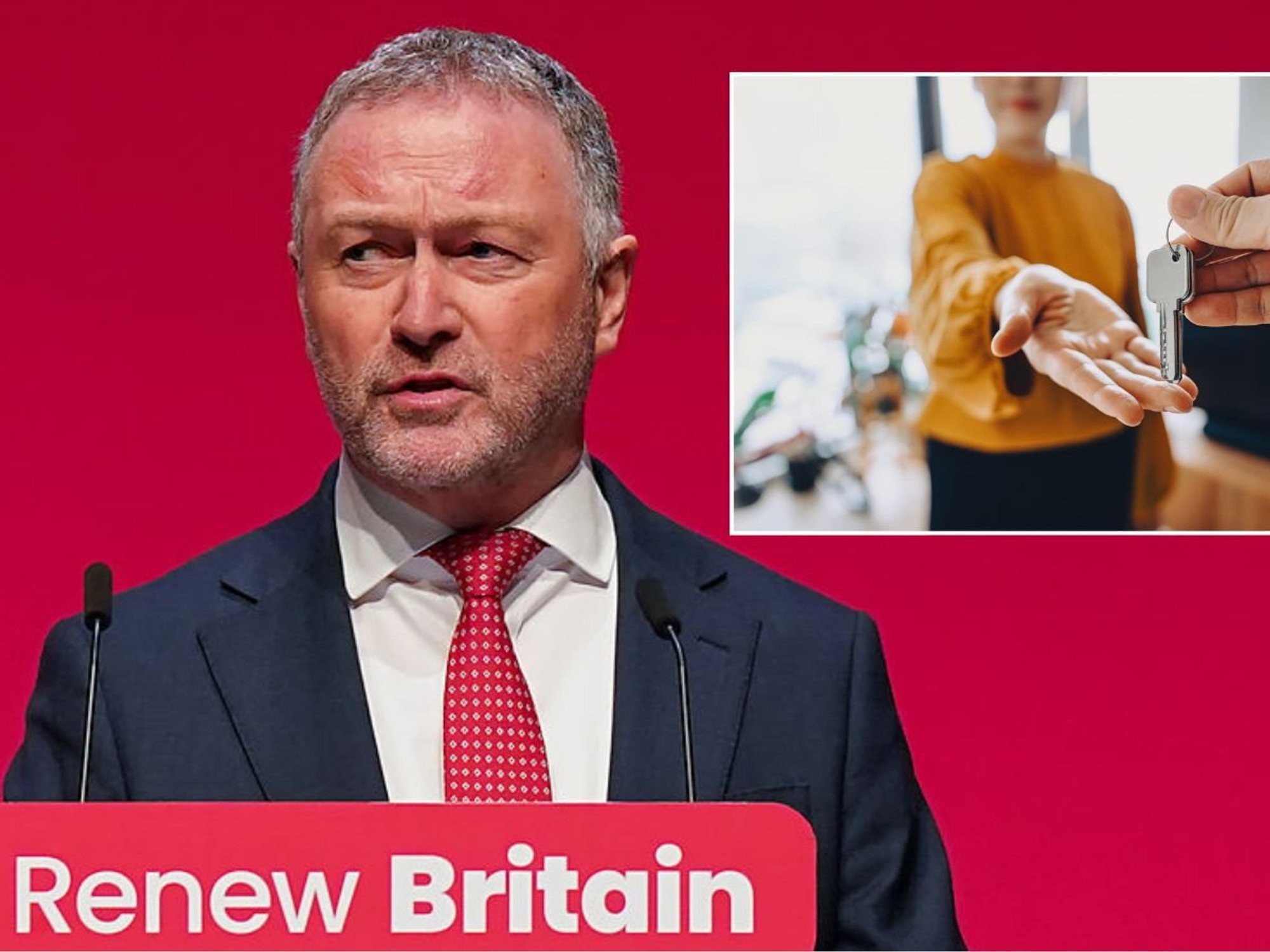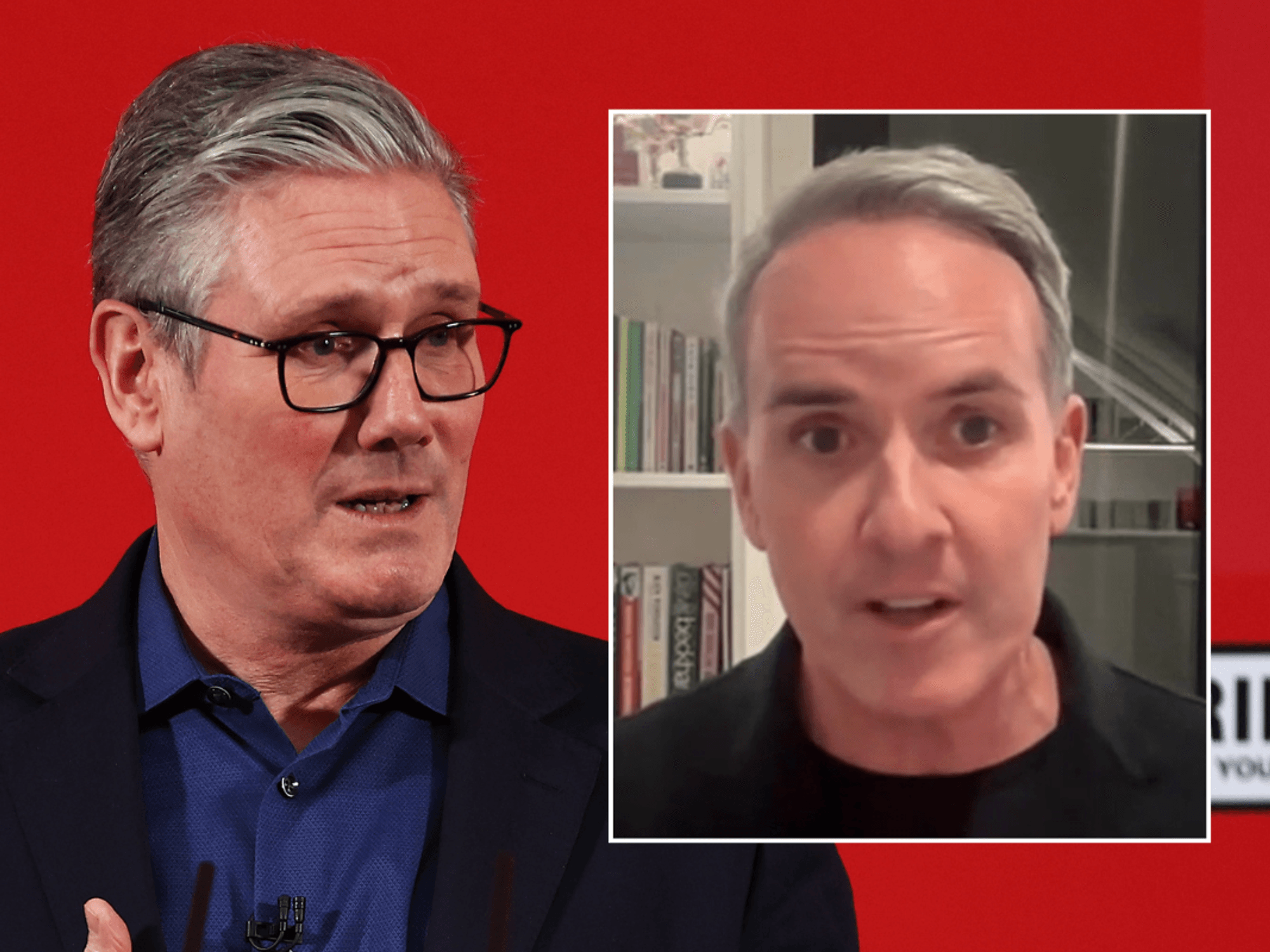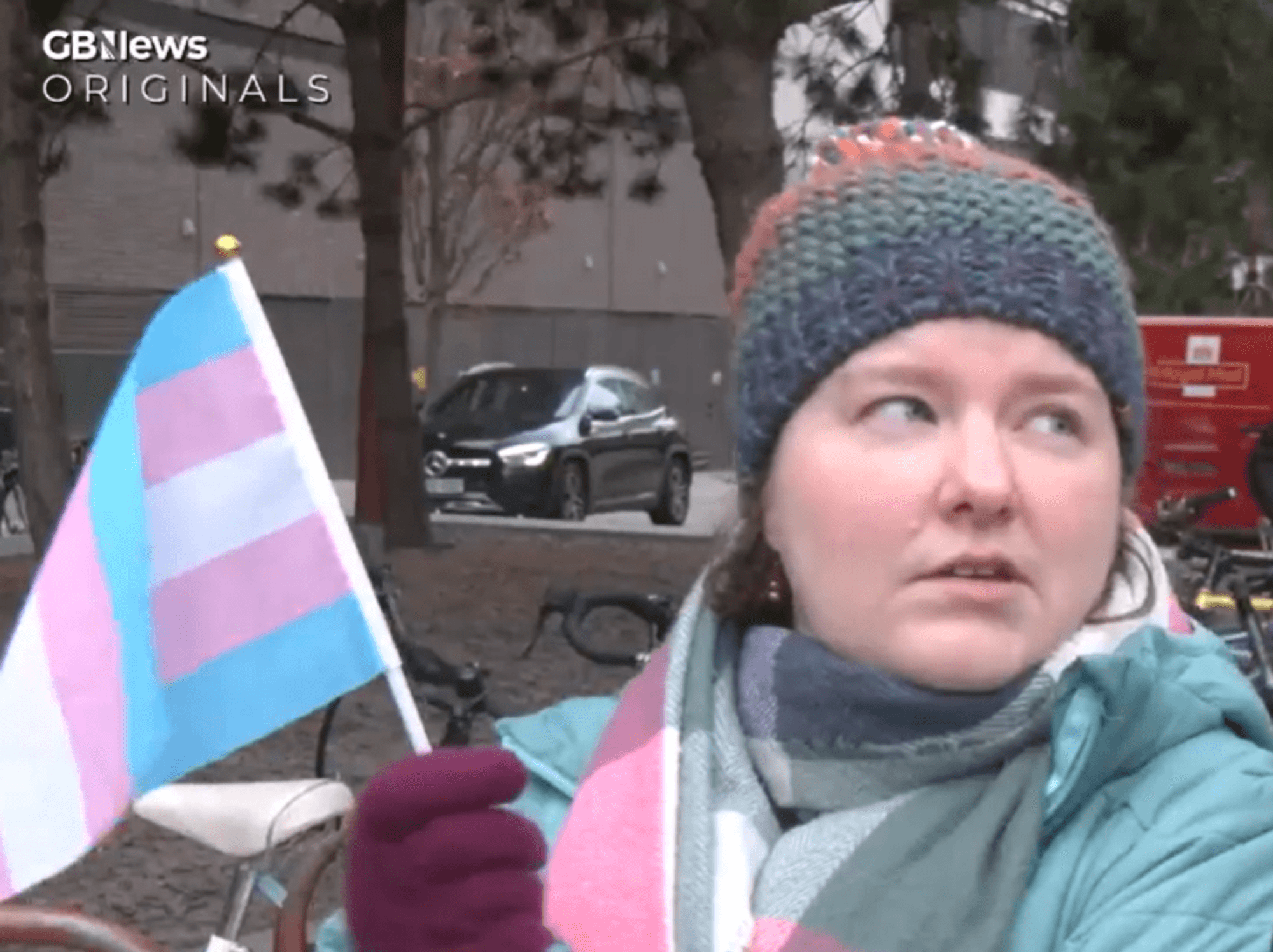Scottish council U-turns on decision to increase council tax – thousands to benefit from lower bills

Inverclyde residents will receive a reduction in their Council Tax bills
|GETTY

The local authority secured £2.9million in funding from the Government to offset the planned council tax hike
Don't Miss
Most Read
Inverclyde Council is set to freeze its council tax despite initially arguing with the Scottish government on the issue.
The residents in Inverclyde will receive a reduction in their council tax bills to offset the cost of an 8.2 per cent hike after councillors agreed a one-off credit for 2024/25 financial year.
They agreed today to approve credit which will be paid into thousands of council tax accounts to cut their bills.
The money will pass straight onto residents as a one-off credit to offset the council tax increase this year.
It will offset the 8.2 per cent increase that was approved as part of the budget last month.
The council previously contested the council tax freeze, stating the move would minimise job and services cuts, and would set a balanced budget.

Yousaf had announced a national council tax freeze at the SNP conference in October
|GETTY
Councilor Stephen McCabe, leader of Inverclyde Council and convener of policy and resources, said: “While I would far rather the council had the freedom to spend the additional £2.9million as we saw fit, I am pleased that after intense negotiations with the deputy First Minister and government officials we have been able to reach an agreement with the Scottish Government that means this money will come to Inverclyde rather than be spent on other Scottish Government priorities.
“Last month, the council exercised its democratic right to increase council tax as part of a two-year budget to minimise cuts to jobs and services and fulfil our legal obligation to set a balanced budget.
“That was the right decision at the time and was taken in the best interests of the council and the people of Inverclyde.
“What that meant was that we did not accept the Government’s original offer to implement a council tax freeze.”
Around 29,000 council tax accounts will now receive the credit.
New bills will be calculated and distributed during May to households by letter or online, depending on how they have opted to receive their council tax bills.
With council tax rates already agreed for the 2024/2025 year, residents will initially pay more until the credit kicks in – then they will see payments reduced.
Mr McCabe continued: “More money has since become available towards a council tax freeze, which would not have been offered had we and two other small councils not made a stand, and we lobbied the government for that money because it was earmarked specifically for Inverclyde and belongs to the people of Inverclyde who pay their taxes.
"I really do hope that the Scottish Government learns a lesson from this year’s budget process. They may have secured a national council tax freeze but that has come at a significant price.”
Inverclyde, along with Argyll and Bute, had previously agreed to go against proposals outlined by the first minister, Humza Yousaf last month.
They had also agreed to a six percent hike in the year 2025/26.
It would have meant properties in Band A paying an extra £1.50 a week and those in Band D going up by £117 to £1547 a year - a rise of £2.25 a week.
Mr McCabe, said the government had "badly damaged its relationship" with local authority governing body COSLA and urged them to take lessons from the negotiations.
A Scottish Government spokesperson said: “Scottish ministers are aware that many councils are under financial pressure, which is why the 2024-25 Scottish budget provides record funding for local government of over £14 billion.
LATEST DEVELOPMENTS:
“The Scottish Government has provided a real terms increase in revenue funding for local government in both 2022-23 and 2023-24, as confirmed by the Accounts Commission.
“Decisions on local government budget allocations for future years are subject to the outcome of negotiations with Cosla, the results of which will be confirmed in future Scottish Budgets.
“Any assumptions relating to possible future budget reductions are entirely speculative at this stage.”
The new tax year will bring changes to many households' council tax bills.
The average council tax bill is set to rise by more than £100 this year with local authorities attempting to maximise revenues to fund frontline services.
This is in the backdrop of average annual bills rising by 20 per cent since 2020/21.










